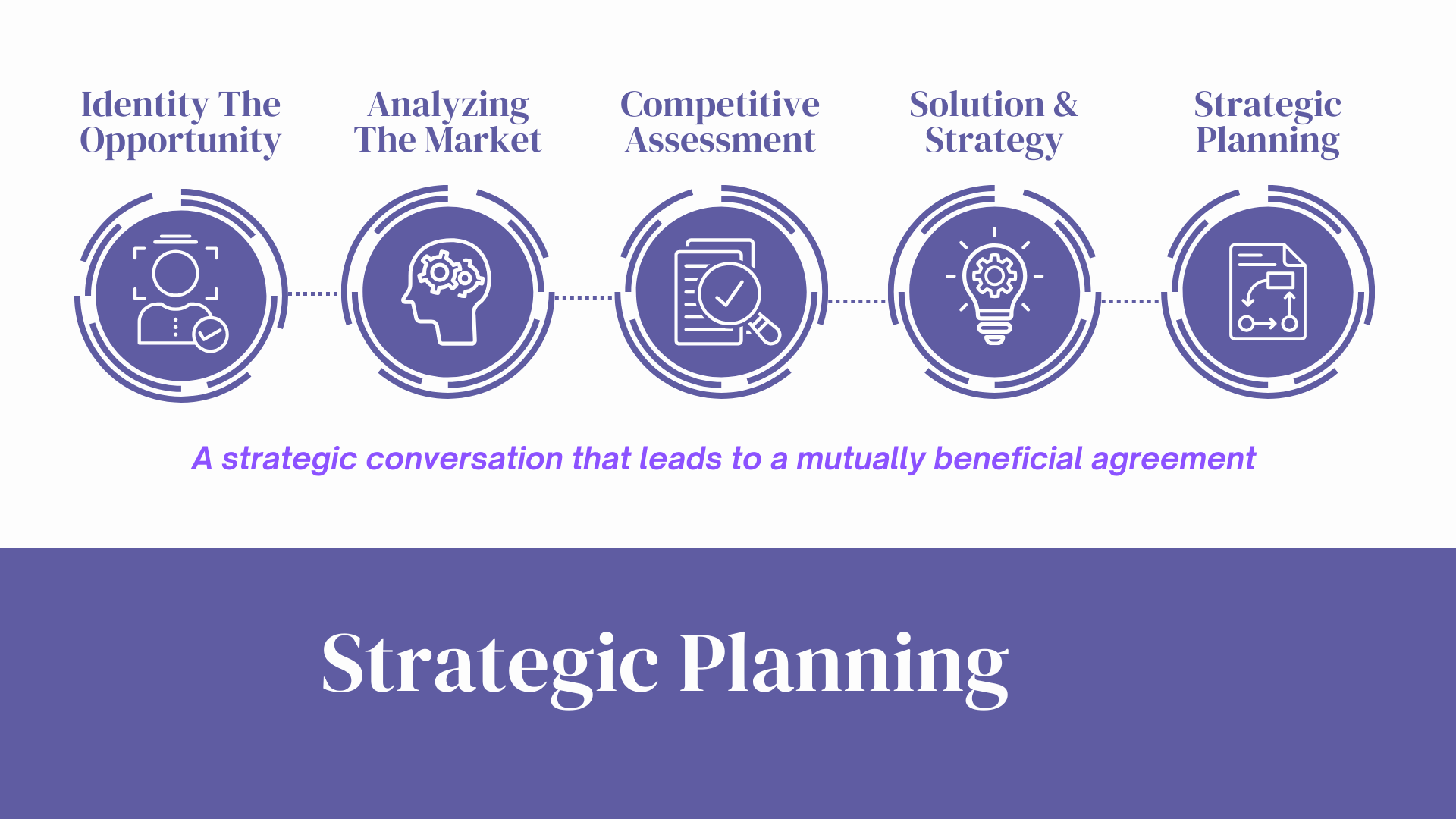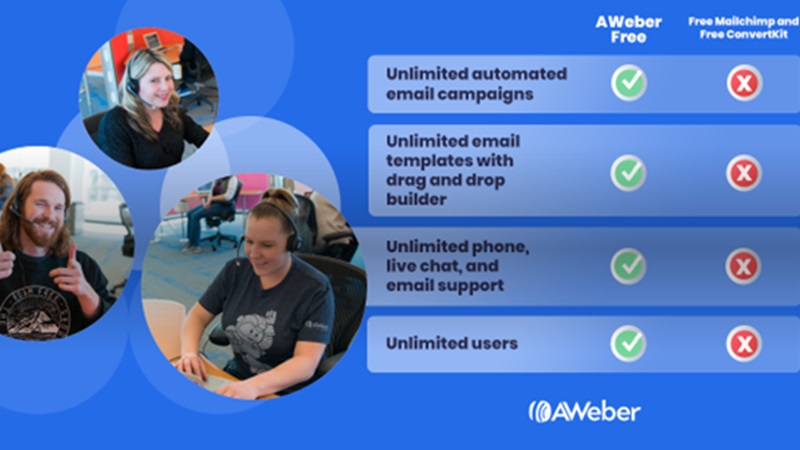
Negotiation Skills for Sales Professionals in a Competitive Market

Negotiation skills are a must in today’s cutthroat business landscape.
Sales professionals must have the art of negotiation to thrive and succeed.
The marketplace is fierce, with competitors vying for the same clients and consumers becoming increasingly discerning.
Mastering negotiation skills is paramount to standing out and securing deals in a highly competitive market.
In this comprehensive guide, we will delve deep into the intricacies of negotiation for sales professionals, equipping you with the tools, strategies, and techniques necessary to outperform your rivals and excel in your sales career.
Understanding the Foundations of Negotiation
Negotiation is not merely haggling over prices; it’s a strategic conversation that leads to a mutually beneficial agreement.
To become a successful sales negotiator, you must first understand the fundamental principles that underpin this art.
The Art of Active Listening
Effective negotiation starts with active listening.
The ability to listen attentively to your prospect’s needs, concerns, and objections is the bedrock of successful sales negotiations.
By actively listening, you can find pain points and tailor your pitch to address them, increasing your chances of closing the deal.
Building Rapport and Trust
Trust is the cornerstone of any successful negotiation.
Sales professionals who show rapport and trust with their prospects are likelier to reach favorable outcomes.
Invest time building relationships and proving your commitment to solving the client’s problems.
Preparation is Key
Before entering into a negotiation, thorough preparation is non-negotiable.
Research your prospects, their industry, and your competition.
A well-prepared sales professional has a significant advantage when it comes to influencing the negotiation in their favor.
Crafting a Winning Negotiation Strategy
A strong negotiation strategy is the roadmap to success in a competitive market. Here are some key elements to consider:
Setting Clear Objectives
Define your goals before entering a negotiation. What are you hoping to achieve? Whether it’s closing the deal at a specific price, upselling, or securing a long-term contract, having clear goals will guide your negotiation strategy.
Understanding BATNA
Your Best Alternative to a Negotiated Agreement (BATNA) is your fallback option if negotiations fail. Knowing your BATNA empowers you with the confidence to walk away from unfavorable deals and strengthens your negotiation position.
The Power of Anchoring
Anchoring involves starting the negotiation with a favorable position.
This sets the tone and often influences the outcome.
Skilled negotiators use anchoring to their advantage, but it must be done subtly to avoid alienating the prospect.
Handling Objections with Grace
Expect objections during negotiations, and don’t view them as roadblocks.
Instead, see objections as opportunities to address concerns and provide valuable solutions.
Handling objections with grace and professionalism can turn skeptics into satisfied clients.
Communication is Key
Effective communication is the linchpin of successful negotiations.
As a sales professional, you should pay attention to both verbal and non-verbal cues.
Verbal Communication
Choose your words carefully and frame your arguments persuasively.
Use language that highlights the benefits of your product or service and addresses the prospect’s pain points directly.
Non-Verbal Communication
Body language, tone of voice, and facial expressions can convey confidence and trustworthiness.
Maintain eye contact, use open body language, and adopt a friendly tone to establish rapport.
Navigating Common Sales Negotiation Scenarios
Sales professionals often encounter specific scenarios that require unique strategies.
Let’s explore some common scenarios and how to navigate them successfully.
Price Negotiations
Price is a common point of contention in sales negotiations.
To navigate this, focus on the value your product or service brings.
Highlight the return on investment and long-term benefits to justify your pricing.
Stalling and Delays
Prospects may stall or delay decisions.
In such situations, gently nudge them by highlighting the opportunity cost of delay.
Emphasize the benefits of acting promptly.
Handling Competitive Bids
In competitive markets, you may face competing bids.
Emphasize what sets your product or service apart and your unique value.
Highlight your record of accomplishments and success stories.
The Art of Closing the Deal
Closing the deal is the goal of any sales negotiation.
Here are some closing techniques to seal the deal effectively:
The Assumptive Close
Assume the prospect has already decided to buy, and guide them through the process.
Phrases like “When would you like to get started?” can be incredibly effective.
The Alternative Choice Close
Offer the prospect two choices, both leading to a positive outcome.
This gives them a sense of control, increasing the likelihood of a successful close.
The Trial closes
Throughout the negotiation, test the prospect’s readiness to close by asking questions like, “If we can address your concerns, are you ready to move forward?”
Continuous Improvement and Adaptation
The world of sales is constantly evolving, as should your negotiation skills.
Stay updated with industry trends, seek feedback, and be open to learning from both successes and failures.
Continuous improvement is the key to long-term success in sales.
In Conclusion: Negotiation Skills for Sales Professionals in a Competitive Market
Mastering negotiation skills for sales professionals in a competitive market is an ongoing journey.
Understanding the foundations, crafting a winning strategy, focusing on effective communication, and navigating common scenarios can significantly enhance your ability to close deals and outperform your competitors.















































